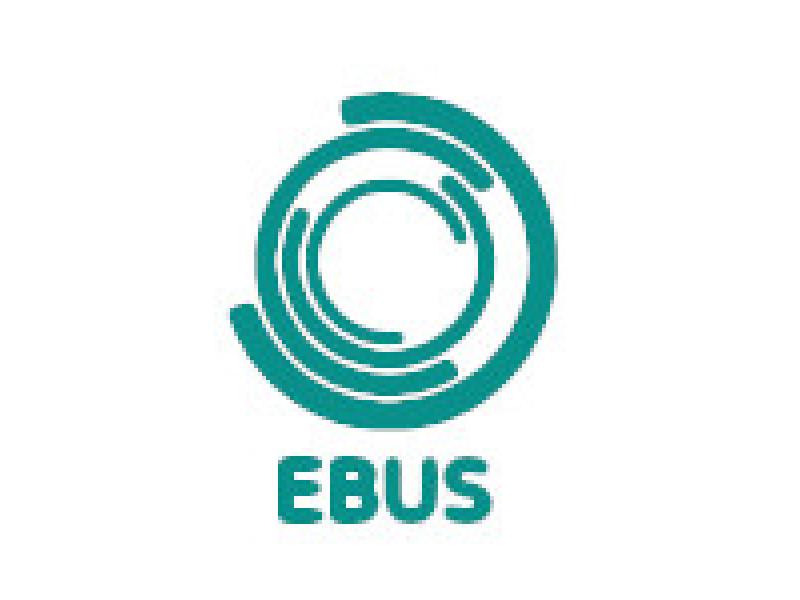A major obstacle to the electrification of public bus networks yet to be solved in a satisfactory manner is the electric bus scheduling problem. Contrary to diesel buses, battery powered vehicles feature limited driving ranges, long recharge durations, battery degradation, a need for specialized infrastructure and other issues increasing operating costs. It is therefore critical to maximize the efficiency of electric bus fleets and adapt existing tools for the vehicle scheduling problem, which have been informed by us, to these new requirements. We wish to expand the industry standard optimization procedures based on multi-commodity-flow models and develop tools for integrated vehicle scheduling and state-of-charge planning.
To that end, we wish to find realistic models to describe the state of charge of electric bus batteries respecting various parameters affecting their life cycle like temperature or depth of discharge. We look into ways to machine learn battery profiles to be used to propagate state-of-charge-functions for individual vehicles during planning. We want to be able to produce robust vehicle rotations for fully electric bus fleets and mixed fleets of diesel and battery powered buses which will be important for the transition period away from fossil-powered vehicles. We look into adapting our method for integrated vehicle and duty scheduling (see previous related projects) to achieve that goal.
